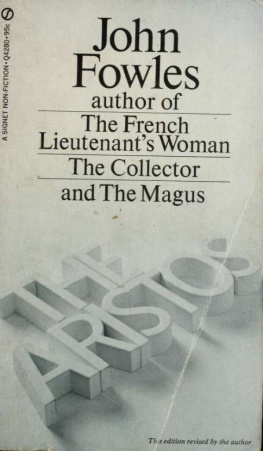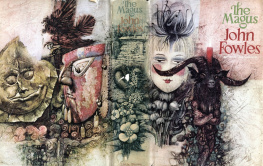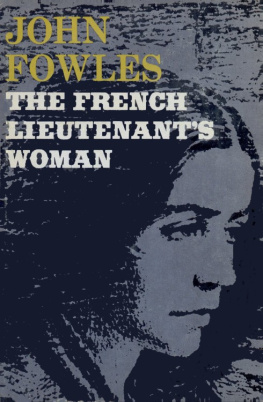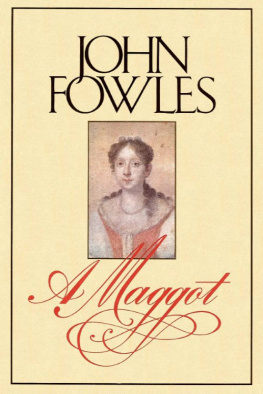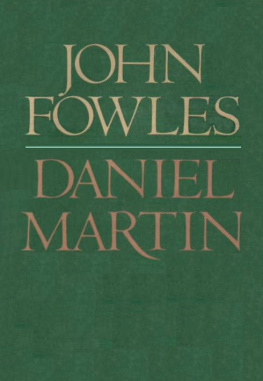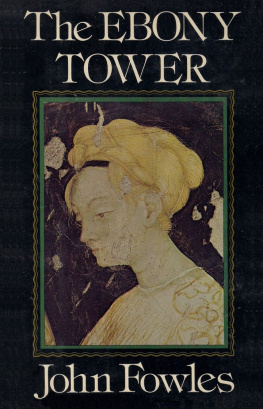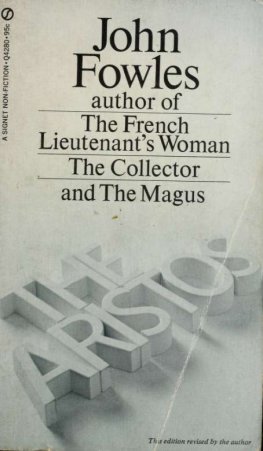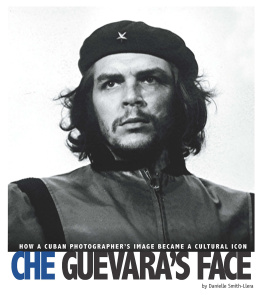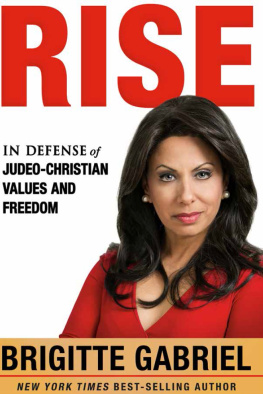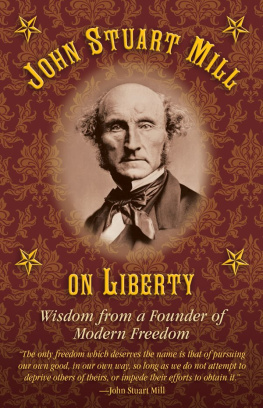An asterisk indicates a note at the end of this book.
PREFACE TO A NEW EDITION
This book was first published against the advice of almost everyone who read it. I was told that it would do my image no good; and I am sure that my belief that a favourable image is conceivably not of any great human or literary significance would have counted for very little if I had not had a best-selling novel behind me. I used that success to issue this failure, and so I face a charge of unscrupulous obstinacy. To the obstinacy I must plead guilty, but not to lack of scruple; for I was acting only in accordance with what I had written.
My chief concern, in The Aristos is to preserve the freedom of the individual against all those pressures-to-conform that threaten our century; one of those pressures, put upon all of us, but particularly on anyone who comes into public notice, is that of labelling a person by what he gets money and fame for by what other people most want to use him as. To call a man a plumber is to describe one aspect of him, but it is also to obscure a number of others. I am a writer; I want no more specific prison than that I express myself in printed words. So a prime personal reason for this book was to announce that I did not intend to walk into the cage labelled novelist.
However, it was not just the matter of the book that offended. It was the manner as well the dogmatic way in which I set out my views on life. But that too sprang from a desire to nourish individuality. By stating baldly what I believe I hope to force you to state baldly to yourself what you believe. I do not expect agreement. If I wanted that I should have written in a very different form and style, and wrapped my pills in the usual sugar coating. I am not, in short, pleading a case.
There is a very current view in our world that philosophy should be left to the philosophers, sociology to the sociologists, and death to the dead. I believe this is one of the great heresies and tyrannies of our time. I reject totally the view that in matters of general concern (such as the meaning of life, the nature of the good society, the limitations of the human condition) only the specialist has the right to have opinions and then only in his own subject. Trespassers will be prosecuted signs have, thank goodness, become increasingly rare in our countryside; but they still spring like mushrooms round the high-walled estates of our literary and intellectual life. In spite of all our achievements in technology we are, outside our narrow professional fields, mentally one of the laziest and most sheep-like ages that has ever existed. Yet another purpose of this book is to suggest that the main reason dissatisfaction haunts our century, as optimism haunted the eighteenth and complacency the nineteenth, is precisely because we are losing sight of our most fundamental human birthright: to have a self-made opinion on all that concerns us.
By using the same method as Nelson for not reading unwanted signals, some critics have further seen in this book and in my two novels The Collector and The Magus evidence that I am a crypto-fascist. All my adult life I have believed that the only rational political doctrine one can hold is democratic socialism. But what I have never believed in is quasi-emotional liberalism of the kind that has become popular these last twenty years; the kind of view that goes more with avant-garde social milieu and fashionable newspapers than with any deep-held conviction or reasoned attempt to destroy reaction. Nor similarly have I much time for the theory that socialism is the sole property of the proletariat and that the chief voice in socialist policy must always be that of organized labour. We may owe the rise of socialism very considerably to the trade union movement; but it is time the umbilical cord was cut.
The principal theme in this book as also in The Collector has been similarly misunderstood. In essence it comes from a Greek philosopher, Heraclitus. We know very little of Heraclitus, since he lived before the great age of Greek philosophy, and all that remains of his work are a few pages of frequently obscure fragments. In a famous book The Open Society Professor Karl Popper has made a convincing case against Heraclitus (if for nothing else, because he influenced Plato) as the grandfather of modern totalitarianism. How Heraclitus saw mankind divided into a moral and intellectual lite (the aristoi, the good ones, not this is a later sense the ones of noble birth) and an unthinking, conforming mass hoi polloi, the many. Anyone can see how such a distinction plays into the hands of all those subsequent thinkers who have advanced theories of the master-race, the superman, government by the few or by the one, and the rest. One cannot deny that Heraclitus has, like some in itself innocent weapon left lying on the ground, been used by reactionaries: but it seems to me that his basic contention is biologically irrefutable.
In every field of human endeavour it is obvious that most of the achievements, most of the great steps forward have come from individuals whether they be scientific or artistic geniuses, saints, revolutionaries, what you will. And we do not need the evidence of intelligence testing to know conversely that the vast mass of mankind are not highly intelligent or highly moral, or highly gifted artistically, or indeed highly qualified to carry out any of the nobler human activities. Of course, to jump from that to the conclusion that mankind can be split into two clearly defined groups, a Few that is excellent and a Many that is despicable, is idiotic. The gradations are infinite; and if you carry no other idea away from this book I hope you will understand what I mean when I say that the dividing line between the Few and the Many must run through each individual, not between individuals. In short none of us are wholly perfect; and none wholly imperfect.
On the other hand, history not least in the twentieth century shows that society has persistently seen life in terms of a struggle between the Few and the Many, between Them and Us. My purpose in The Collector was to attempt to analyse, through a parable, some of the results of this confrontation. Clegg, the kidnapper, committed the evil; but I tried to show that his evil was largely, perhaps wholly, the result of a bad education, a mean environment, being orphaned: all factors over which he had no control. In short, I tried to establish the virtual innocence of the Many. Miranda, the girl he imprisoned, had very little more control than Clegg over what she was: she had well-to-do parents, good educational opportunity, inherited aptitude and intelligence. That does not mean that she was perfect. Far from it she was arrogant in her ideas, a prig, a liberal-humanist snob, like so many university students. Yet if she had not died she might have become something better, the kind of being humanity so desperately needs.
The actual evil in Clegg overcame the potential good in Miranda. I did not mean by this that I view the future with a black pessimism; nor that a precious lite is threatened by the barbarian hordes. I meant simply that unless we face up to this unnecessarily brutal conflict (based largely on an unnecessary envy on the one hand and an unnecessary contempt on the other) between the biological Few and the biological Many; unless we admit that we are not, and never will be, born equal, though we are all born with equal human rights; unless the Many can be educated out of their false assumption of inferiority and the Few out of their equally false assumption that biological superiority is a state of existence instead of what it really is,

